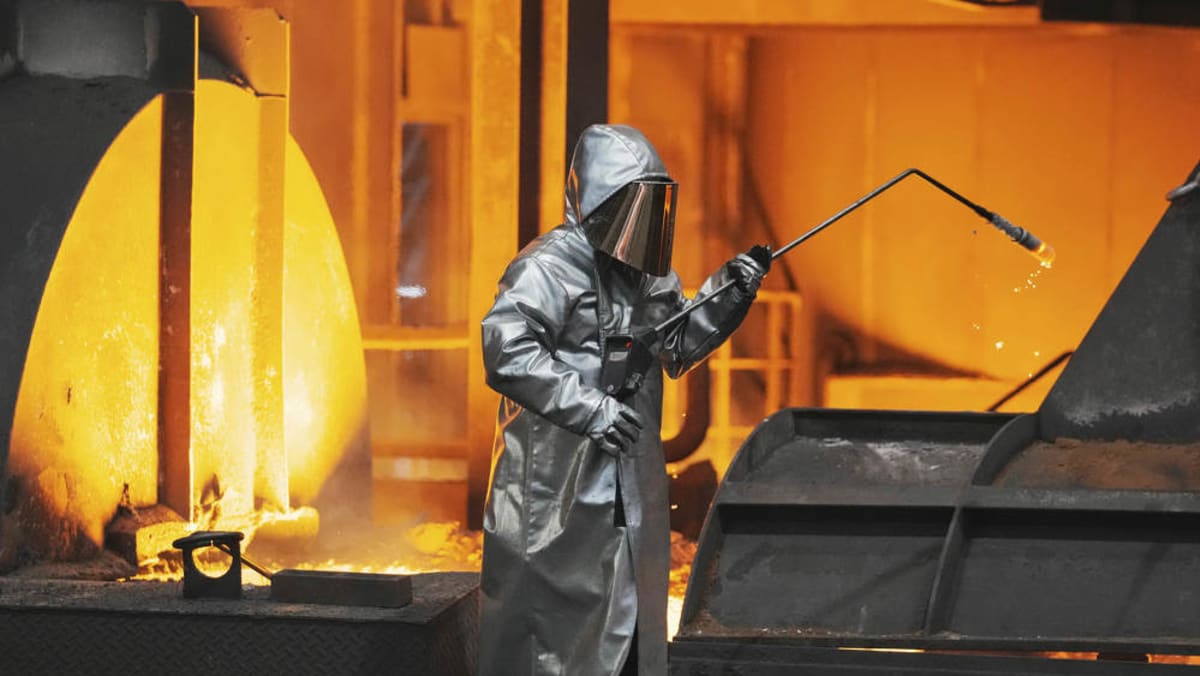Stephane Sejourne, the EC’s executive vice-president for prosperity and industrial strategy, said a response is needed to prevent the bloc from losing its production capacity.
The EC is also aiming to tighten import controls as it seeks to toughen up this industry.
“We need to protect our steel mills from unfair foreign competition – wherever it may come from. Europe must be a global steel player, not a playground for companies and producers,” said Sejourne.
Observers said the bloc’s steel and metals sectors are vital for Europe’s automotive, construction and defence industries.
REVIVING PRODUCTION
The EU is promising millions of dollars to help build a stronger and cleaner metals sector.
These include enhancing measures such as the Action Plan for Affordable Energy and the Clean Industrial Deal, which focus on decreasing energy costs and turning decarbonisation into a driver of growth.
Poland’s Minister for EU Affairs Adam Szłapka said strengthening the circular economy in Europe is also important to making the steel and metals industry competitive.
The EC is planning to promote “circularity” by setting targets for recycled steel and aluminium in key sectors, and look into requirements for recycling or recycled content in the production of goods like electronics.
“Recycling steel and aluminium can bring considerable energy savings up to 95 per cent for aluminium and yet we see that increasing amounts of scrap metal are exported,” said Szłapka.
The EC is also seeking to improve grid access for producers facing soaring electricity prices, in a bid to lower energy costs.
It has encouraged member states to cut network tariffs and supported the use of low-carbon hydrogen.
The EC said that lowered network tariffs can reduce the volatility of electricity prices faced by producers, as energy costs make up a greater share of production costs for metals as compared to other sectors.
